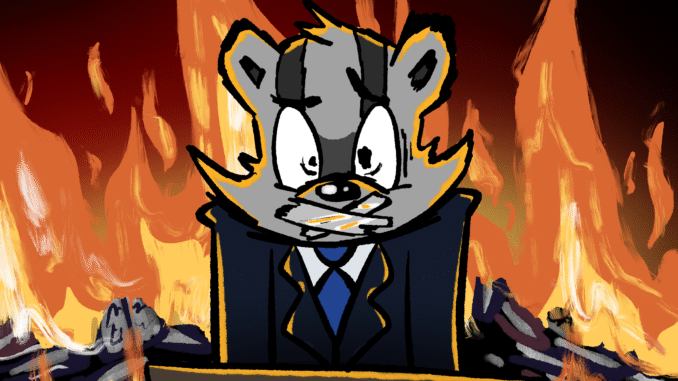
The freedom of speech is more than a constitutional right; it’s the foundation of democracy, yet in recent years, the foundation is beginning to crack and be chipped away at. From posts on social media to what is taught in classrooms, the freedom of speech is becoming increasingly infringed upon.
Under the First Amendment, the freedom of speech includes the right not to speak (West Virginia Board of Education v. Barnette), to use certain specific words to convey political messages (Cohen v. California), to engage in symbolic speech (Texas v. Johnson and United States v. Eichman), to advertise commercial products/services (Virginia Board of Pharmacy v. Virginia Consumer Council and Bates v. State Bar of Arizona), to contribute money for political campaigns (Buckley v. Valeo) and for students to wear black arm in school to protest war (Tinker v. Des Moines).
However, we’ve entered upon an era of labelling speech we don’t like as “offensive,” “fake” or “harmful.” We no longer challenge ideas or try to understand others’ perspectives; we jump straight to “cancelling” them by trying to get them silenced, fired from their job, or taken off their platform. The backbone of accountability in American politics is the ability to debate beliefs, but that’s nearly impossible when we adopt the mindset of “I’m right, you’re wrong, your voice is of lesser importance.”
The same people complaining about “cancel culture” are creating and supporting websites to get people fired for their personal social media posts. During the COVID-19 pandemic, healthcare workers had their social media accounts and posts suspended or removed due to criticism of public health policies, despite being on the frontlines of the crisis and often sharing information based on legitimate science and research. Dr. Ming Lin, an ER physician from Washington, was fired after criticizing PeaceHealth St. Joseph Medical Center in Bellingham for their response to the pandemic, specifically their gaps in infection control.
Broadcasts have been under fire for making statements that our current presidential administration doesn’t agree with, with producers taking shows off air out of fear of retaliation. In October of 2024, Trump sued CBS, alleging that a 60 Minutes interview with Kamala Harris had been deceptively edited, accusing the organization of interfering with the election.
We have been closing conversations simply because they speak too loudly against prevailing views and beliefs, and now the criticism is no longer the only consequence. We leave the ability to silence discussion in the hands of entities who already have too much power.
With the freedom of speech comes the consequences, but we are now self-restricting what we can and cannot say by scaring our opponents instead of holding them accountable or challenging their views.
Next time you read an idea you disagree with, do not immediately jump to defense. Try to understand the perspective and find a middle ground from your own belief. Do research without the intent of making your belief the correct one. Not everything is about disproving others or trying to have the upper hand in political battles. The more we deprive others of their freedoms, the more we unknowingly deprive ourselves of our own. The freedom of speech requires a tolerance of discomfort. It is more than just a right; it is the foundation for all of our other liberties to stand.

Leave a Reply